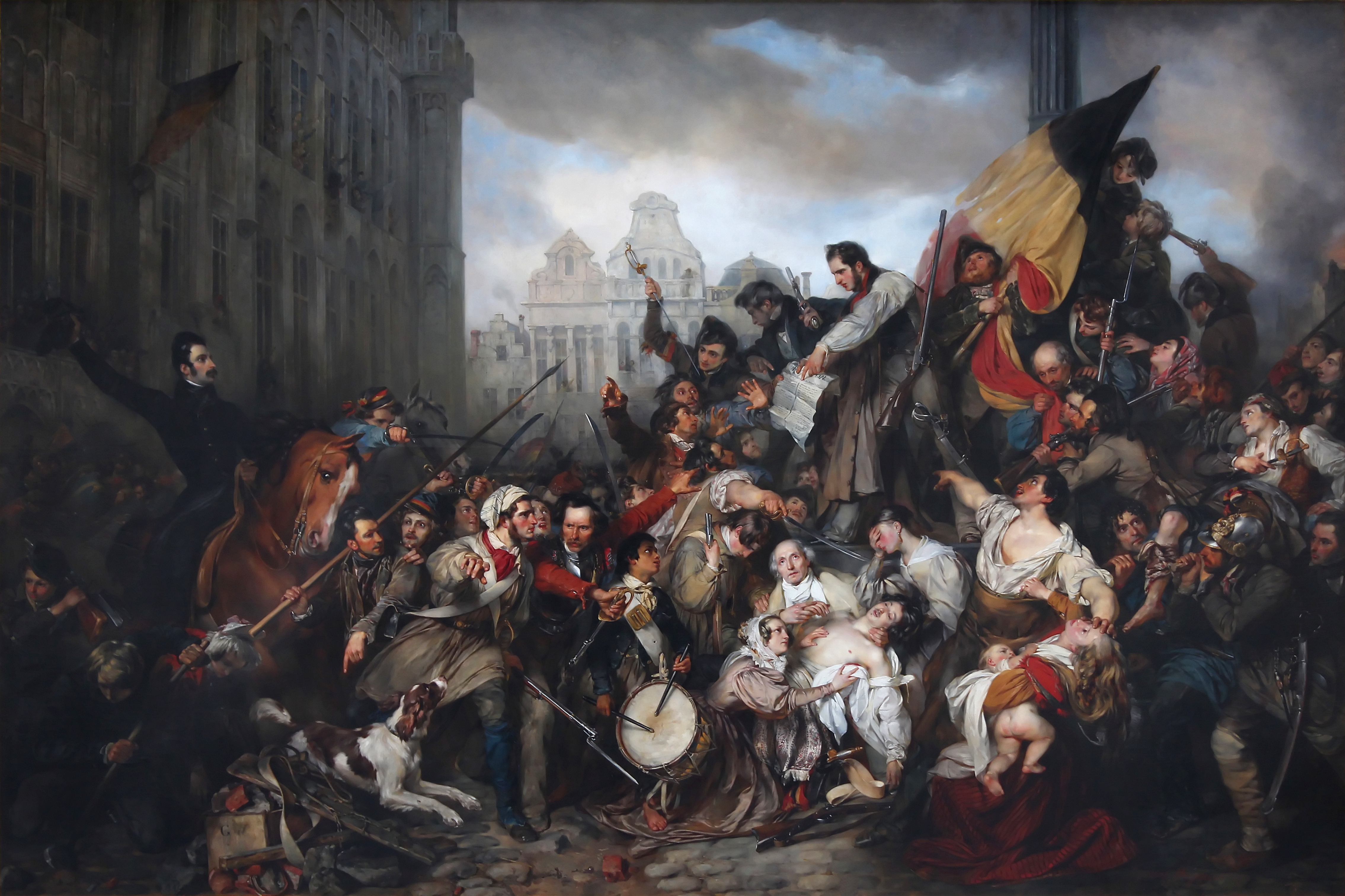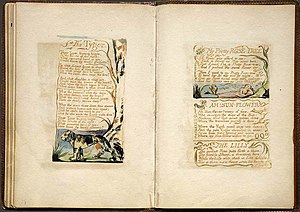TL;DR: This schedule is tentative and subject to change. This is a digital document; do not print. Students are responsible for getting updates. |
This schedule represents the ideal outline for our study this semester. Yet, like all best-laid plans, we may not be able to keep up with our agenda. Please be flexible and try to look and read ahead whenever possible.
We will do our best to stick by this schedule, but I will inform you verbally, via an email, and/or a literal change to the schedule below whenever there is a deviation. Getting these updates is solely your responsibility. Therefore, this schedule is tentative and subject to change contingent upon the needs of the students and the professor, and dictated by time and other constraints which may affect the course. For face-to-face classes, this schedule reflects only an overview of the assigned reading and other major course assignments. It may not indicate specific class session assignments or activities. Specific in-class assignments may not be reflected on the schedule.
Each week of this class has its own unit or lesson corresponding to a literary movement. Each week is divided into daily work that contain readings (with the occasional reading quiz) and writing. Each week concludes with a test on the materials covered. The following is a general overview of the schedule.
Before beginning your work each week, read through the whole lesson so you know what to expect and understand what’s expected. Each tab corresponds to a lesson. All assignments are contained therein. Any questions should be posted to the class forum, and be sure to read my weekly feedback. |
| Date | Assignment |
|---|---|
| The Early Romantic Period | |
| 6 October | Introduction to Romanticism
|
| 7 October | William Blake
|
| 8 October | William Wordsworth
|
| 11 October | Mary Wollstonecraft Shelley
|
| 12 October | Test #1
|
| The Late Romantic Period | |
| 13 October | George Gordon, Lord Byron
|
| 14 October | Percy Bysshe Shelley
|
| 15 October | John Keats
|
| 18 October | Elizabeth Barrett Browning
|
| 19 October | Test #2 |
| The Victorian Period | |
| 20 October | Alfred, Lord Tennyson
|
| 21 October | Robert Browning
|
| 22 October | Rudyard Kipling
|
| 25 October | Oscar Wilde
|
| 26 October | Test #3 |
| The Edwardian Period / World War I | |
| 27 October | Thomas Hardy
|
| 28 October | E. M. Forster
|
| 29 October | James Joyce
|
| 1 November | Rupert Brooke
|
| 2 November | Test #4 |
| Modernism | |
| 3 November[1] | Yeats
|
| 4 November | Eliot
|
| 5 November[2] | . . .
|
| 8 November | . . .
|
| 9 November | Test #5 |
| World War II / Postmodernism | |
| 10 November | . . .
|
| 11 November | . . .
|
| 12 November | . . .
|
| 15 November | . . .
|
| 29 November | Ishiguro
|
| 30 November | Test #6 |
notes
| 🕒 07-25-2021 | 📆 Make an Appointment | 💬 Ask a Question | 📣 Leave Feedback |


